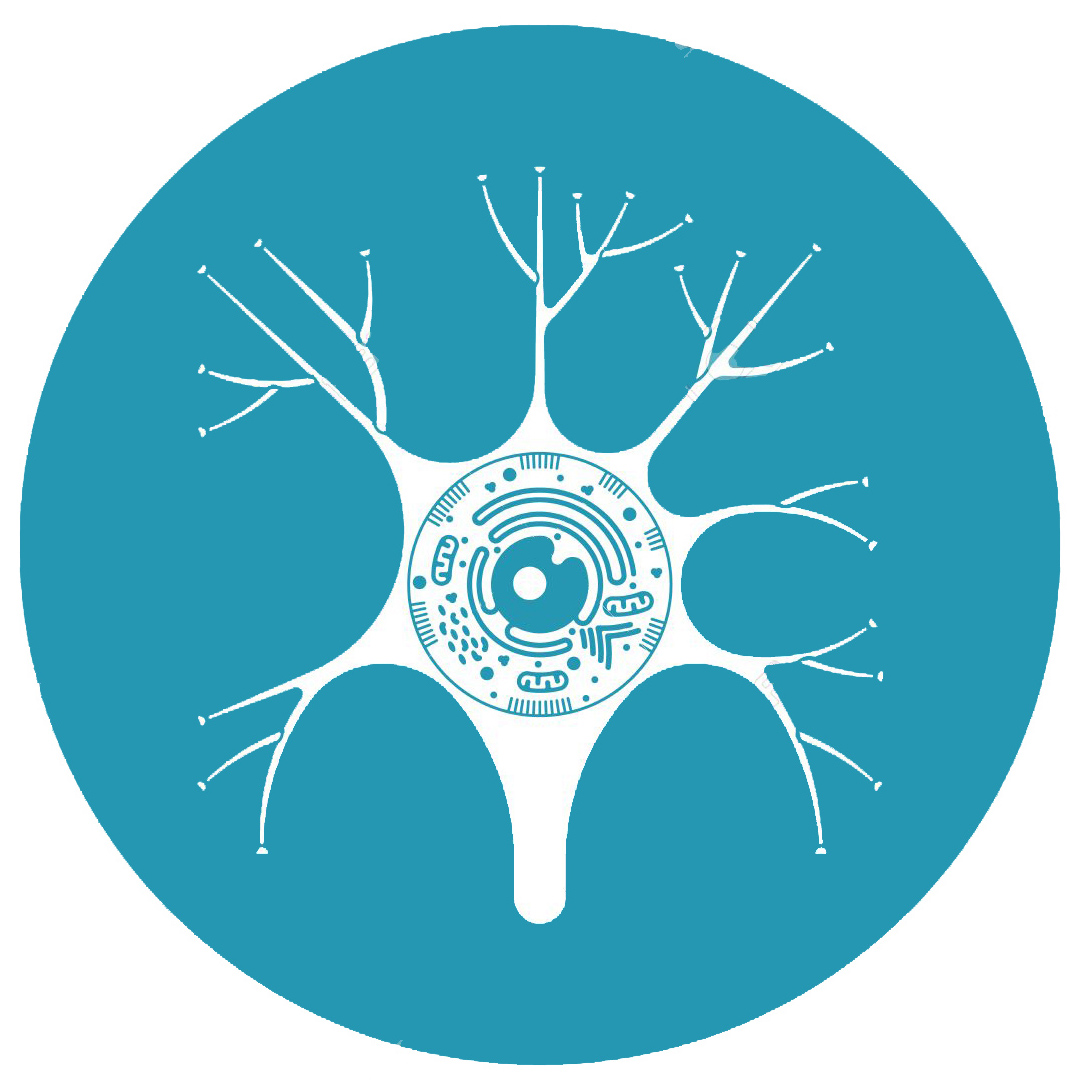Access to Life Sciences / Access to Chemistry/Biology
 What would I study on a Life Science/Chemistry and Biology programme?
What would I study on a Life Science/Chemistry and Biology programme? Although all partner colleges adhere to the SWAP framework and offer a number of units in core subjects, each college also offers its own unique blend of optional subjects, which belong to the curriculum group.
For example, on the Access to Life Science/Chemistry and Biology programme, most colleges will offer a selection of life science subjects (but not all) from the following list:
* Biology units (National 5, then Higher level)
* Chemistry (National 5, then Higher Level)
* Laboratory skills/Experimental Procedures
In addition, all colleges will offer Core Skills subjects such as:
* Communication
* Maths (at National 5 level)
You may also find some colleges that offer additional subjects:
* ICT
Programmes vary slightly from college to college, so you would need to contact your college of choice to find out exactly what units are included. You can find a list of colleges that offer Access to Life Sciences / Chem-Bio on the downloadable brochure linked below:
What can I do after completing a Life Science/Chemistry programme?
Successful completion of the SWAP Access to Life Science/Chemistry programme provides progression to subjects from the Life Science, Biology and Chemistry families.
Subjects may include:
 - Anatomy
- Anatomy - Aquaculture
- Archaeology
- Biochemistry
- Biomedical Science
- Chemistry
- Chemistry with drug discovery
- Forensics
- Forensics with Chemistry
- Genetics
- Human Nutrition and Dietetics
- Immunology
- Marine Biology and Marine and Freshwater Biology
- Microbiology
- Pharmacology
- Physiology
- Psychology (BSc)
- Virology
- Zoology
 Psychology is a special case:
Psychology is a special case: Psychology is often treated as a 'science' subject and is a progression route available to people completing the Access to Life Sciences (Chem/Bio). Choosing this option means that you may have the opportunity to study the subject alongside other science subjects (e.g. maths, chemistry, biology, etc.)
However, it is also sometimes (depending on the university) an option to apply for a psychology course within the Arts/Social Science group instead. This path would lead you to study psychology alongside other Arts/SocSci subjects (e.g. business, sociology, politics, theatre studies, languages, etc.) If you are interested in studying psychology within the Arts/Social Science family at university level, then you should apply to the SWAP Access to Humanities programme instead.
UCAS Codes for Psychology
If you undertake the Access to Life Science or Chemistry/Biology programme, then you must choose the correct UCAS code for the Science School/College/Faculty at your chosen university when the times comes.
Likewise, if you undertake the Access to Humanities/Social Science programme, then you must ensure that you choose the correct UCAS code for Social Science or Arts degree course.
Failure to use the correct UCAS code will result in a rejection from the universities.
If you are in any doubt, please take advice from UCAS, university admissions and/or SWAPWest before you finalise your application.
about us
